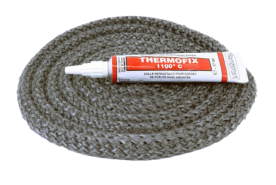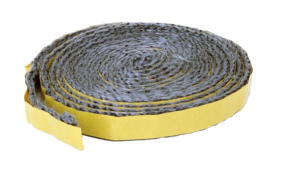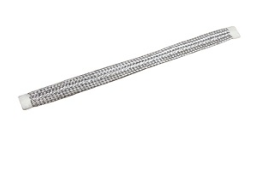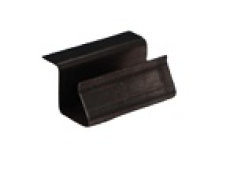No, Wood Heating Will Not Be Banned in 2027: What You Really Need to Know
For some time now, a persistent rumor has been circulating that wood heating could be banned as early as 2027. This false claim is causing concern among homeowners and undermining an entire industry. However, this is not the case: wood stoves, along with other wood-based energy solutions, remain a relevant and sustainable heating method.
Where Does the Rumor About a Wood Heating Ban Come From?
This misinformation stems from discussions about the revision of the European Ecodesign Directive, which sets minimum performance standards for heating appliances. Among the affected equipment: wood stoves, biomass boilers, and fireplace inserts.
The European Commission had proposed tightening technical requirements by 2027, which sparked concerns in the industry. In response, several countries requested a review of the timeline and its impacts. As a result, the project has been put on hold and is being adjusted. No ban is currently planned.
Wood: A Local, Renewable, and Cost-Effective Energy Source
Contrary to popular belief, wood heating is now recognized for its energy efficiency and low cost. It fully aligns with ecological transition goals, supported by a national action plan launched in 2021 that aims to:
- Replace old appliances with Flamme Verte-certified stoves;
- Promote the use of certified wood pellets or logs;
- Encourage best practices in usage to reduce emissions.
These measures improve system performance while minimizing environmental impact.
A Modern Wood Stove Emits Very Few Particles
Older or poorly maintained equipment can emit pollutants. Newer devices, however, comply with strict standards. Between 2012 and 2023, particle emissions from wood heating dropped by around 40% thanks to:
- Technological advancements in modern stoves and boilers;
- The use of dry, high-quality wood;
- Better user awareness and education.
According to the CERIC laboratory, these improvements could reduce emissions threefold by 2025, provided equipment renewal continues.
Pollutant Emissions vs. Air Quality: Don't Confuse the Two
It's important to distinguish emissions (the quantity of particles released) from air quality (the measured concentration in the environment). According to the Central Laboratory for Air Quality Monitoring (LCSQA), domestic wood heating accounts for an average of 22% of annual PM2.5 fine particle concentrations—much lower than the often-misquoted 60%.
Are French Forests at Risk?
Absolutely not. Despite the growing number of installed appliances, wood consumption is decreasing thanks to:
- Improved equipment efficiency;
- Better thermal insulation of buildings;
- The use of certified, better-calibrated fuels

























